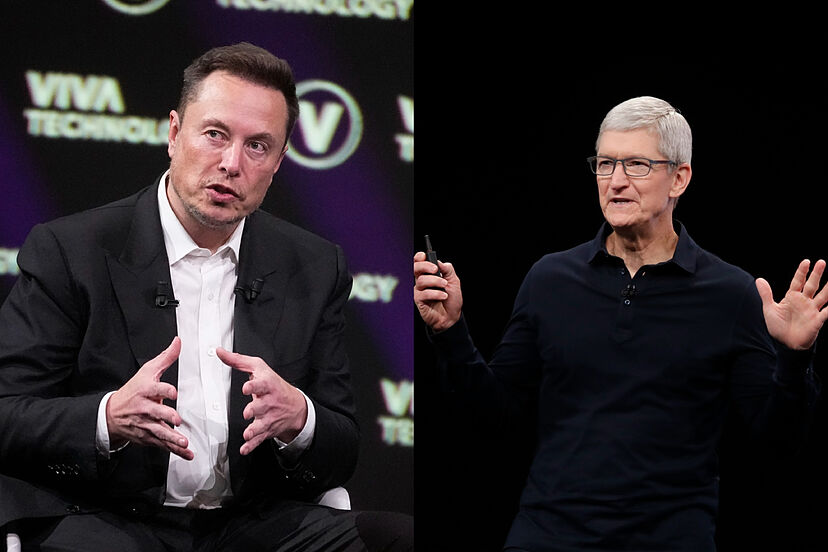The Disagreement Over App Store Practices
A new dispute between Apple and entrepreneur Elon Musk has sparked global discussion about how competitive the App Store really is. Musk claims Apple’s policies make it harder for certain applications to succeed, particularly in the fast-growing field of artificial intelligence. The disagreement intensified after Apple announced a partnership with an AI chatbot, prompting Musk to allege that this created an uneven playing field for rival apps. Apple has pushed back on these accusations, insisting that its app marketplace is designed to be free from bias, using objective algorithms and expert-curated lists to highlight thousands of apps from developers around the world. According to Apple’s official guidelines, the company evaluates submissions based on quality, functionality, and user safety rather than corporate alliances.
Rivalries, Lawsuits, and Billion-Dollar Moves
The clash over app visibility is just one front in a much broader rivalry between Musk and the leadership of a leading AI company. Over the past decade, disagreements have escalated into lawsuits, leaked communications, and public accusations. Musk’s criticism has included claims that the company abandoned its non-profit roots and shifted toward maximizing profits for major investors, a direction he opposes. In February 2025, Musk made an unexpected offer to acquire the AI firm for $100 billion — an offer the board declined. Analysts at TechCrunch note that if accepted, such a deal would have been one of the largest technology acquisitions in history, potentially reshaping the AI landscape. The refusal, however, only deepened the divide between the two camps, setting the stage for continued conflict both in courtrooms and in public opinion.
What This Means for Developers and Users
For app developers, this dispute highlights ongoing concerns about visibility in the App Store and the power that platform owners hold over digital marketplaces. Smaller developers often struggle to compete for top rankings, especially against companies with substantial marketing budgets. The case also underscores the growing importance of AI integration, with tools like chatbots and automated assistants becoming some of the most downloaded categories worldwide. Users, meanwhile, are left navigating an ecosystem where app recommendations are shaped by algorithms that most do not fully understand. Organizations such as the Electronic Frontier Foundation advocate for greater transparency in how app stores operate, while industry analysts from Statista predict that AI app downloads will continue to surge through the decade. Whether the Musk-Apple dispute leads to meaningful changes or simply fuels further rivalry remains to be seen, but its outcome could influence the balance of power in digital marketplaces for years to come.



